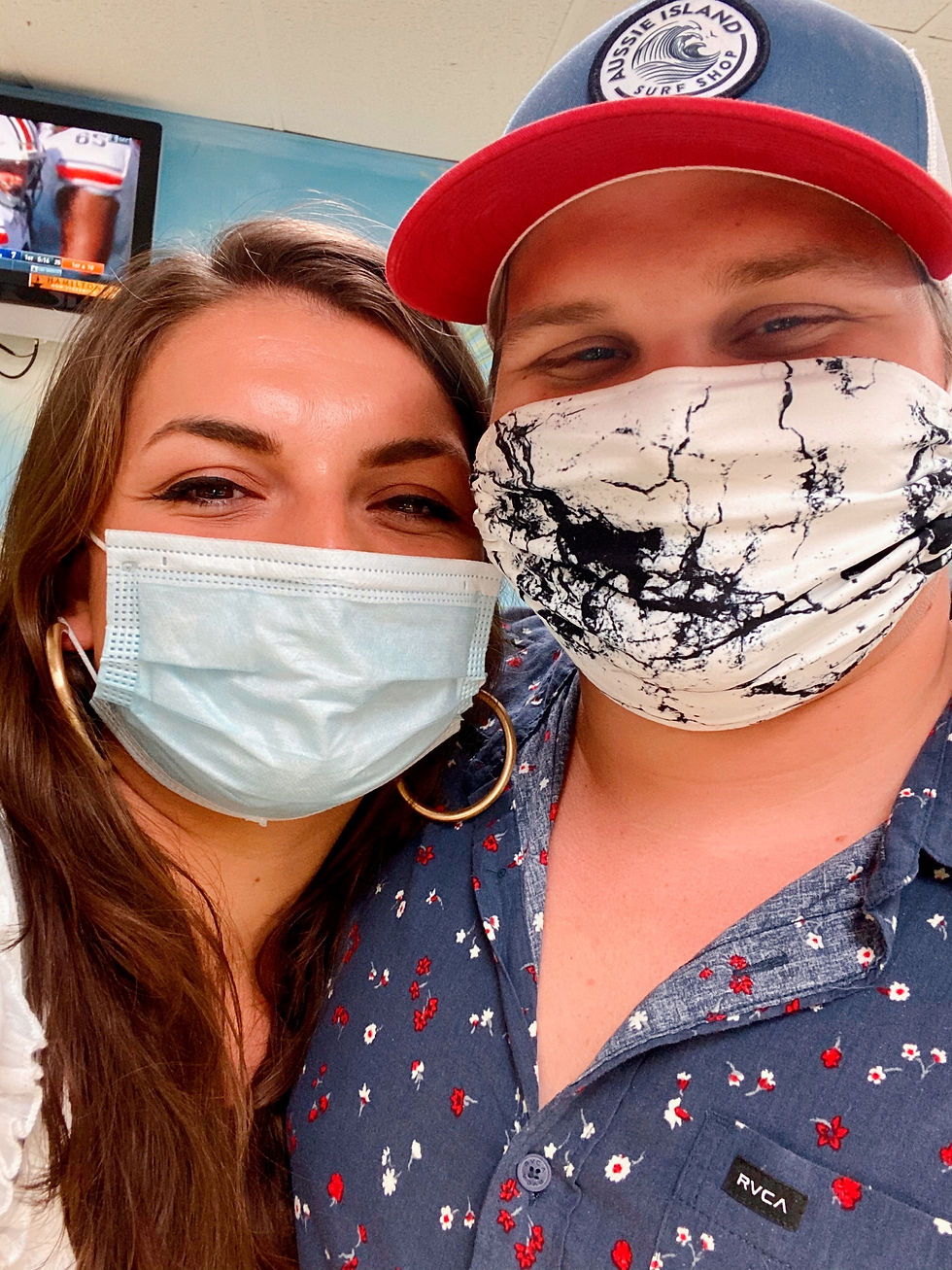Hunger, Food Insecurity, & Systemic Racism
- Meghan Lassiter

- Jun 8, 2020
- 3 min read
Updated: Jun 16, 2020
I do not consider myself an expert on the following subjects, but I am using my voice and my education to share just a small amount of resources that may benefit others in their journey to learn about anti-racism and how they can support the Black Lives Matter movement.
--To my Black friends, colleagues, community members, and those who I do not know and may never know, I will stand with you, make you feel seen, and support you in any way I can.--
If any information I have posted is offensive, needs clarification, or needs updating please let me know and I will be happy to make the appropriate changes!
Racism is a public health crisis and hunger is a public health crisis. It is no secret that thousands of Americans still suffer from food insecurity and hunger. It should also be no secret that we cannot put an end to hunger or food insecurity in America until we recognize that Black families and individuals are at a higher risk of living in poverty and being hungry than White people.

These statistics above are because of structural racism and these issues will not be solved until we adapt programs and organizations to better serve Black people. The image above is from a report done by Bread for the World Institute and I encourage you to read the report because it discusses applying a racial equity lens to U.S. Federal Nutrition Assitance Programs: https://www.paperturn-view.com/?pid=NTg58712&v=3. Federal Nutrition Assitance programs include SNAP, WIC, and Child Nutrition programs.
This idea of a racial equity lens can also be applied to more than just nutrition. This subject is important to me because I work with SNAP recipients in North Carolina every day. SNAP has been a program receiving heavy criticism for years, but there is evidence to show that this program is crucial to the survival of many of our Black community members. A lot of research has been done to show that growing up in poverty has severe effects on a child's mental and physical health (Toxic stress & children's outcomes). See this article by the Center on Budget and Policy Priorities for more on how SNAP benefits Black people. (I acknowledge that the term "African American" is not the best fit in the above figure and articles.)
Below, I have listed other resources that I have gathered over the past few days. Public health and nutrition are my passion which is why it was easier for me to write about this and I have been taking the extra steps to learn how I can support Black people in this area. I encourage you to take your passions and determine how you can use them to support the Black Lives Matter movement.
Tools to Use:
This website designed by Nico (@dehyedration)
Alliance to End Hunger- Racial Equity Assessment Tool
Harper's BAZAAR's guide to Protesting During a Pandemic
Campaigns to Support:
Campaign Zero and their project 8 Can't Wait
Things to Watch:
13th -Netflix
Just Mercy (rent for free, all June)
Accounts to Follow:
Wilmington Black-Owned Businesses
https://linktr.ee/wilmington (Found this on Instagram from Grant Eubanks)
Port City Gazette - A Black and Minority-Owned business that has a directory and calendar of events for Black and Minority-Owned businesses.
Please comment with some more resources that you think should be added to this list and I will gladly make updates!
Thank you for reading. I want you to know that, whoever you are, you are loved!
Praying for change,
Meghan




Comentarios